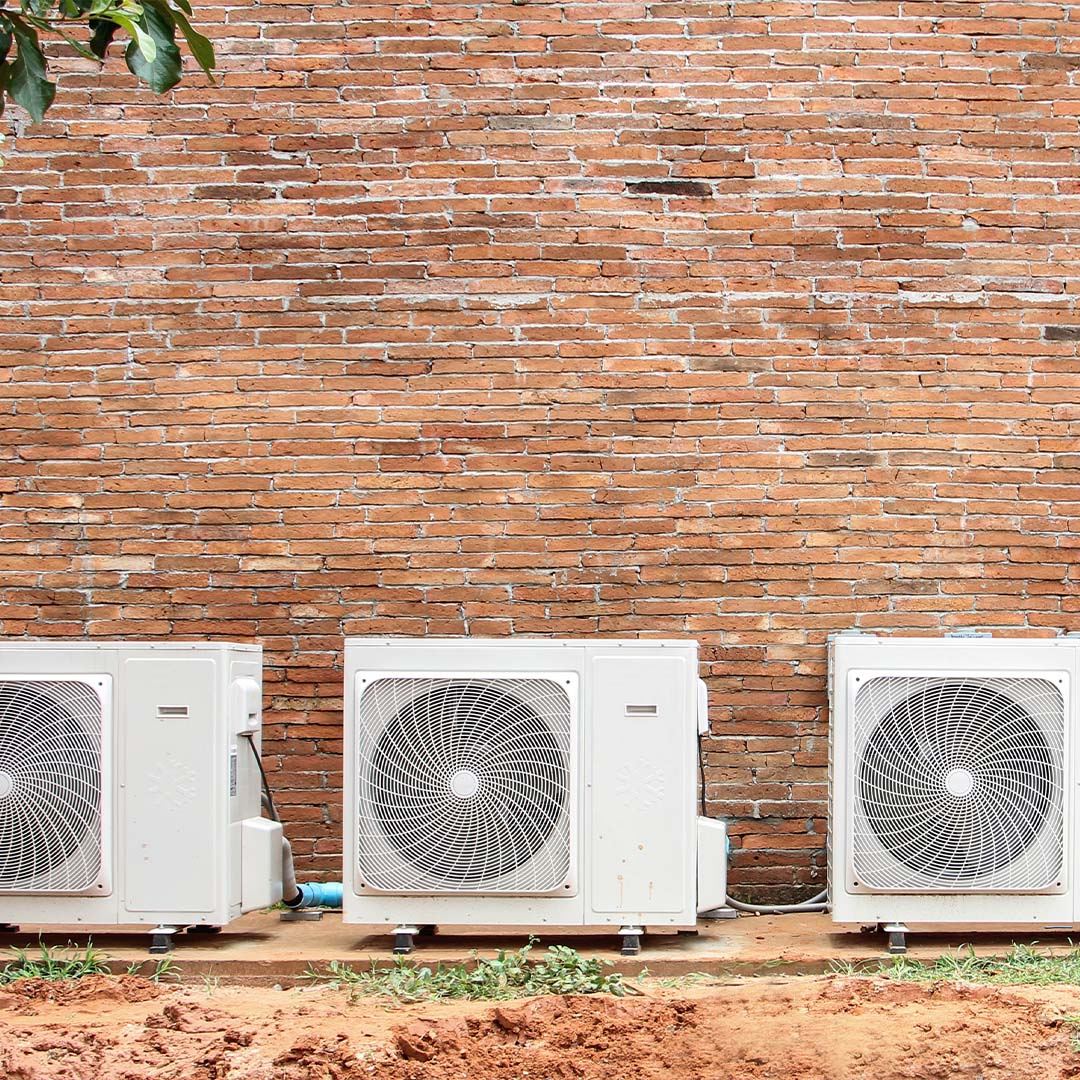The heating and air conditioning business, like many other industries, has a language all its own. If you’re an HVAC technician, you are familiar with compressors, heat pumps and split systems. But, if you’re a homeowner, navigating the ins and outs of HVAC can be tricky. If you are not familiar with the terminology it can be even harder. But, don’t worry! We’ve put together a list of 10 common HVAC terms you should know that will make it a little easier for you when discussing heating and air conditioning replacement or repairs with the pros at Advance Mechanical in Greenville, NC.
HVAC
We’ll start with the basics here, HVAC stands for heating, ventilation and air conditioning. These systems that are used to provide comfortable and clean indoor air.
Heat Pump
A heat pump moves heat either into or out of a building. In order to heat a home, the heat pump pulls air from outside, heats the air and moves it throughout the room via ducts. To cool a home, air is removed and pushed outside.
Condensing Unit
This is the outside portion of an air conditioner or heat pump system. This unit contains the compressor, condenser coil, fan, and other regulatory components.
Compressor
This is the “heart” of an air conditioning or heat pump system. The compressor maintains adequate pressure to cause refrigerant to flow in order to cool your home.
Freon/Refrigerant
Freon, or refrigerant, is an organic compound that is used as a coolant in HVC systems to aid in the transfer and removal of heat.
Mini-Split
Mini-splits are systems that operate similar to an air conditioner or heat pump, but without ductwork. These systems are great options for smaller spaces or additions, and in homes where the installation of ductwork is prohibitively expensive.
HEPA
A type of air filter, HEPA stands for High Efficiency Particulate Arrestance.
IAQ/ Indoor Air Quality
A home or building’s IAQ represents the amount of pollutions that is in the air within that structure.
Ton
A ton is a unit of measurement used when determining the amount of energy needed to cool indoor air. In other words, a ton is the cooling capacity of an air conditioning system.
SEER
SEER is an acronym for Seasonal Energy Efficiency Ratio. This term is commonly used by HVAC professionals to rate the efficiency of a system. A SEER rating describes the amount of energy that is used to regulate temperature over the course of a year.
There are hundreds more terms used in the HVAC industry! If you have questions about your home’s comfort system, of if it may be time to look for a new system, contact Advance Mechanical today!


